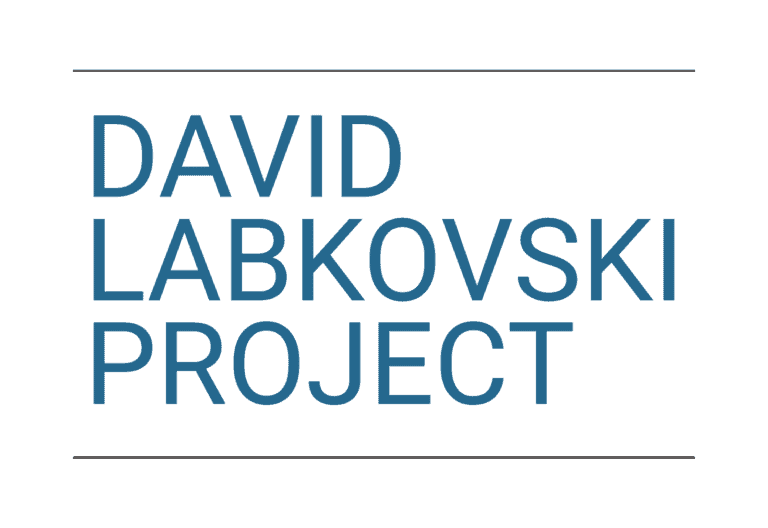David Labkovski Project presented an educational workshop to the residents at Beit T’Shuvah, a residential addiction treatment center in Los Angeles. Residents engaged in an immersive 6-hour program where they learned about Jewish history, the Holocaust, and the self-reflective journey of David Labkovski, whose artwork depicts life in Vilna (current-day Vilnius, Lithuania) before, during and after the Holocaust.
Labkvoski survived the Holocaust while in Siberian exile and his work depicts the severity of the conditions there. Later in his life, while living as a free man in Israel, his self-portraits come to depict the resilience of the human spirit through color and setting. In representing the loss of his humanity through his artwork, Labkovski moves beyond the trauma.
The works selected for this Beit T’Shuvah workshop illustrate the physical and emotional toll of trauma and the human ability to overcome.
Residents were encouraged to respond to Labkovki’s self-portraits while considering their own personal journey of recovery. They created their own self-portraits, exploring their recovery within the context of Labkovski’s journey working through his trauma. Residents created one portrait representing how they see themselves in the present and another portrait representing how they want to be in the future, considering where they are in terms of their sobriety and recovery.
“The art transcends time. It was specific to a specific time period, and yet here we are all these years later still able to relate. I can still relate to the pain expressed and the hopelessness and suffering conveyed. My experience was different, but it reminds me of my journey in recovery. Not focusing on the differences, but on the similarities, because pain is pain…”
–Beit T’Shuvah workshop participant
“Looking at these paintings allowed me to take an introspective look at some of my trauma and look at it in a way that will help me to process it better…My goal coming here to Beit T’Shuvah was to finally unpack that trauma and the art encourages the unpacking part of the journey.”
–Beit T’Shuvah workshop participant
“…The artist is looking back in time in the same way that I look back at my time using drugs and not doing well. We re-engage with the past in a new way.”
–Beit T’Shuvah workshop participant

